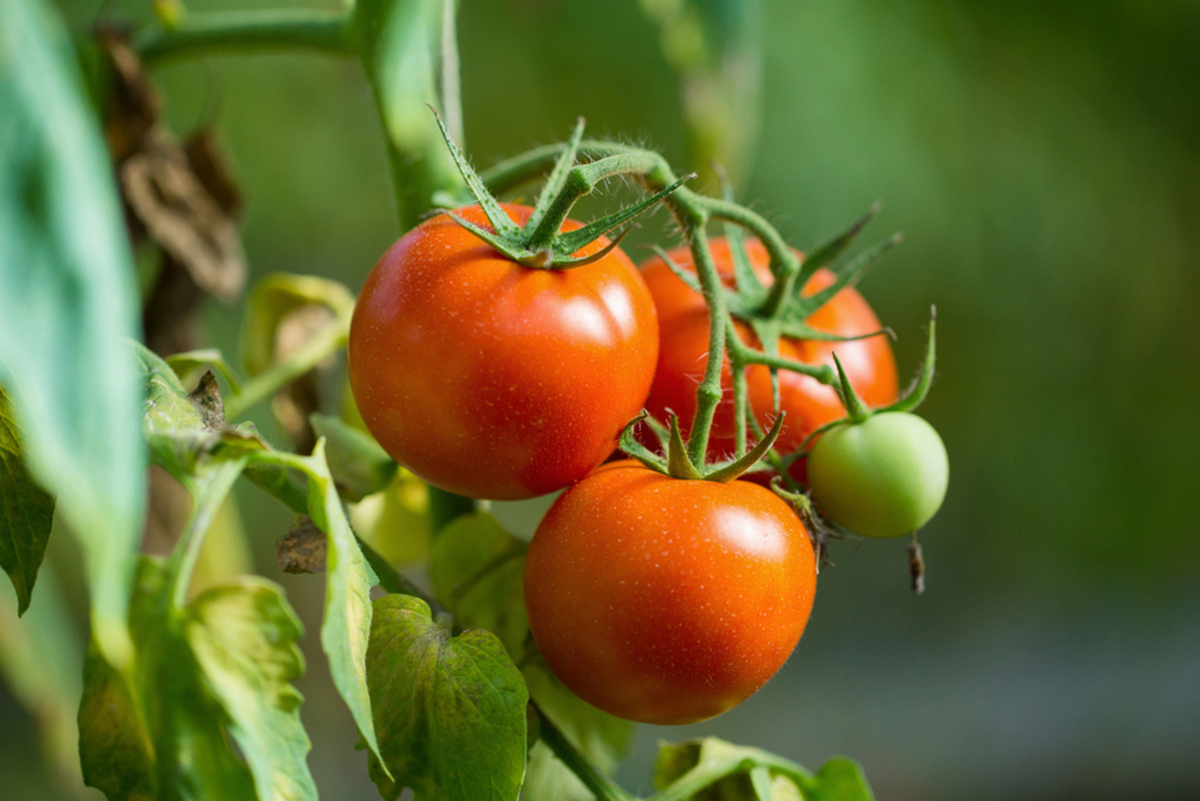
Researchers Investigate the Vegetative Growth of Tomato Through Gene Editing
September 11, 2024| |
A study conducted by researchers from the University of Idaho and partners demonstrates the role of ubiquitin ligase seven in absentia1 (SINA1) mammalian BTF2-like transcription factors, Drosophila synapse-associated proteins, and yeast DOS2-like proteins (BSD1) function in controlling the vegetative growth of tomatoes through the production of plant growth hormone gibberellin (GA).
Vegetative growth involves the development of leaves, stems, and branches crucial for the overall health of the plant. Disruptions in regulatory pathways can lead to dwarfism characterized by abnormal internode elongation. Transcription factors significantly influence the vegetative growth of plants by either activating or repressing various gene expressions. Thus, the researchers used CRISPR-Cas9 technology to generate transgenic plants and understand how the SINA1-BSD1 module regulates the vegetative growth of tomatoes.
The study found that the gene-edited tomato overexpressing SINA1 (SINA1-OX) appears similar to the dwarfism phenotype of the BSD1-knockout (BSD1-KO) tomato plant. Moreover, tomatoes with BRG1 knockout (BRG1-KO) also resulted in dwarfism phenotype which indicates that BRG1 and BSD1 have a positive role in the vegetative growth of tomato plants. The findings of the study also revealed that GA levels were reduced in SINA1-OX, BSD1-KO, and BRG1-KO plants and the exogenous application of bioactive GA3 restored their growth.
For more information, read the article from Advanced Science.
| |
You might also like:
- Pocket K No. 12: Delayed Ripening Technology
- High GABA Tomato Determined as Non-GM in the Philippines
- Gene Editing to Improve Postharvest Life of Tomato
Biotech Updates is a weekly newsletter of ISAAA, a not-for-profit organization. It is distributed for free to over 22,000 subscribers worldwide to inform them about the key developments in biosciences, especially in biotechnology. Your support will help us in our mission to feed the world with knowledge. You can help by donating as little as $10.
-
See more articles:
-
Gene Editing Supplement (September 11, 2024)
-
Research and Tools
- Gene Editing Produces Blast-Resistant Rice
- Effective CRISPR RNAs Selection Leads to Less Off-target Edits
- Researchers Investigate the Vegetative Growth of Tomato Through Gene Editing
-
Policy Considerations and Approvals
- Harmonization of Gene Editing Regulations Vital in Bringing Products to Market
-
Read the latest: - Biotech Updates (January 28, 2026)
- Gene Editing Supplement (January 28, 2026)
- Gene Drive Supplement (February 22, 2023)
-
Subscribe to BU: - Share
- Tweet

